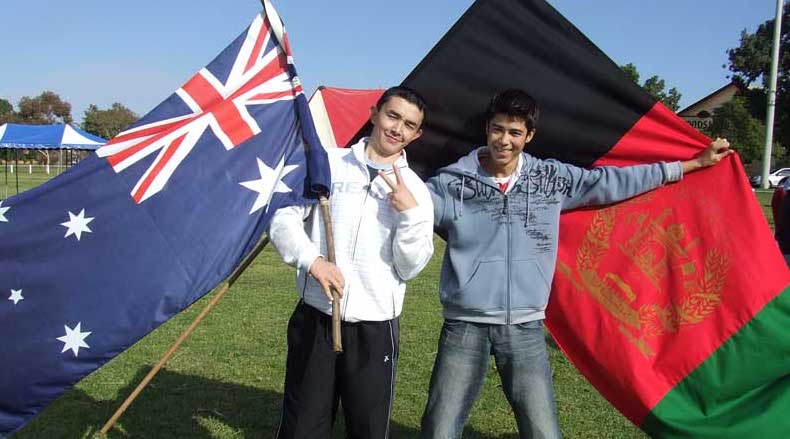Afghan refugees ”˜transform and rejuvenate’ local neighbourhoods

Hazara refugees from Afghanistan have helped to transform the Port Adelaide and Enfield local government area socially, culturally and economically, according to a new report being launched today.
The report has been prepared by the University of South Australia and Charles Sturt University, in partnership with the Multicultural Communities Council of SA.
It looks at the multiple benefits the Hazara migrants have brought to the region over the past 15 years, as well as the challenges they have experienced in integrating into a foreign land.
As one of the largest non-English-speaking communities in South Australia, Port Adelaide-Enfield LGA is home to approximately 2000 Hazara Afghans, who have settled in the council area over the past two decades.
Lead report author Dr David Radford, a UniSA sociologist, says all the evidence suggests that the “highly entrepreneurial Hazara migrants have revitalised Port Adelaide in countless ways,” contributing to a booming local economy through construction, real estate, food outlets, bakeries, carpet shops and other niche businesses.
This is despite encountering “significant” cultural and language barriers, social isolation, and discrimination.
“Negative media reports have portrayed refugees and asylum seekers as a burden, cost or threat to Australian communities, but all the research points to the opposite,” Dr Radford says.
“Port Adelaide was in decline 15 years ago but the Hazara migrants have helped to transform the area into a thriving, multicultural, dynamic hub.”
Interviews with Hazara migrants and other residents in the Port Adelaide Enfield council area reveal the challenges they have experienced but also the support offered them.
Sport and community education centres have played a major part in helping to integrate the Hazara refugees, establish new friendships and feel a sense of belonging.
Housing support, volunteering opportunities, and translation services have also proved beneficial.
Job discrimination remains a challenge (hence many starting their own businesses) but education and the development of language skills is helping to overcome this.
“The Hazara community members we interviewed all shared a motivation to build a new life, to find work and become self-reliant, and to give back to their communities,” Dr Radford says.
“There are still challenges with assimilating into the broader society and a tendency for the Hazara community to live in a bubble, but this reflects a fear of losing their identity rather than an unwillingness to integrate,” he says.
Short URL: https://indiandownunder.com.au/?p=16242
